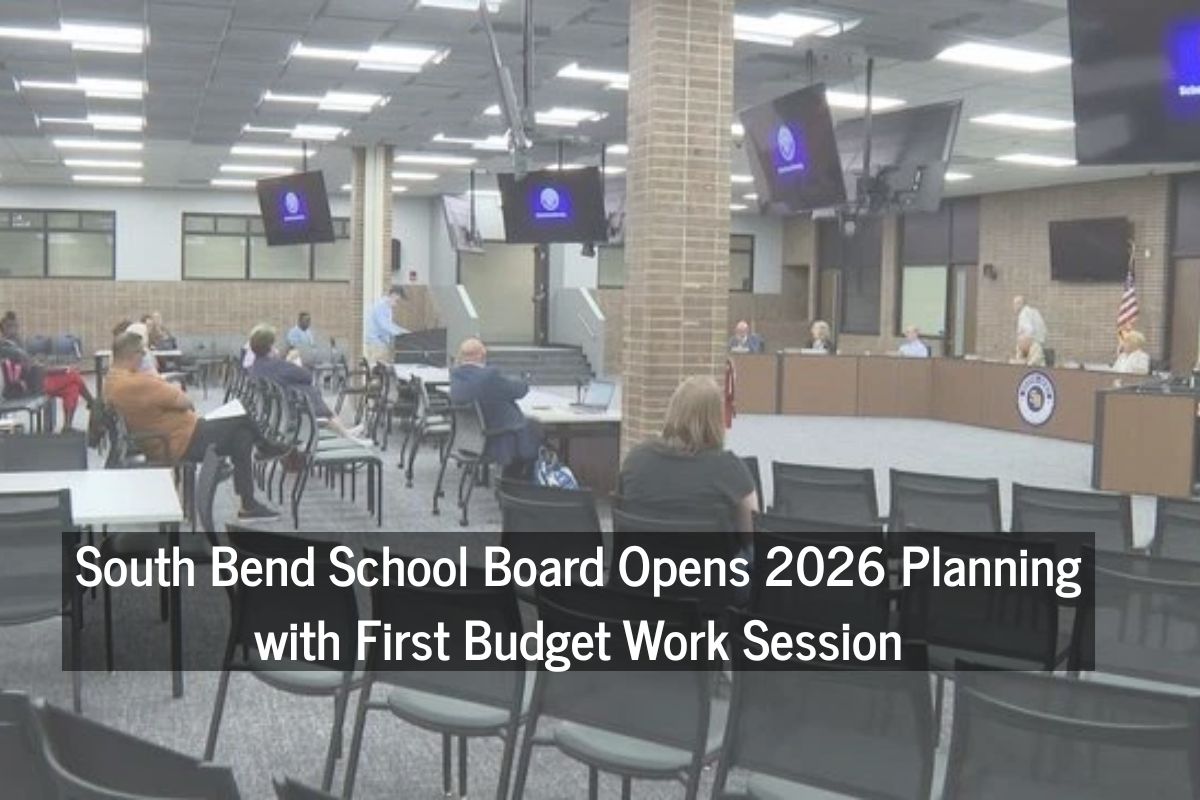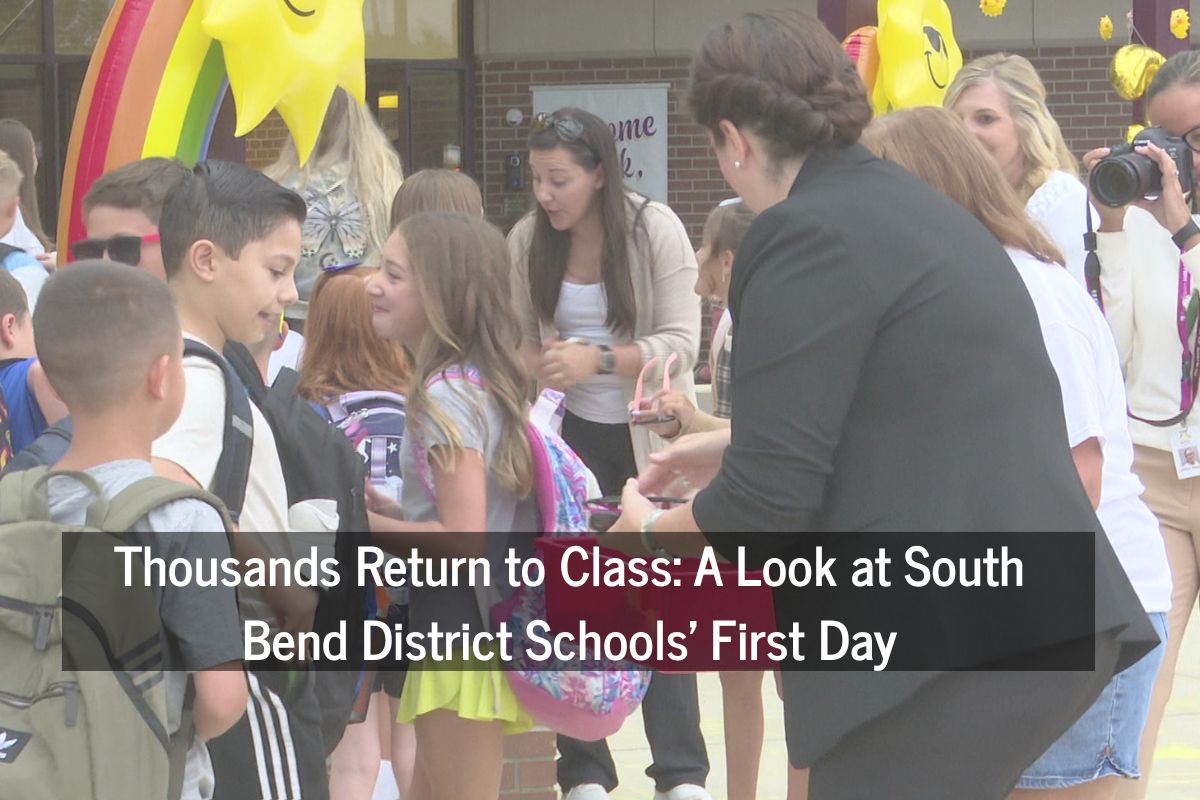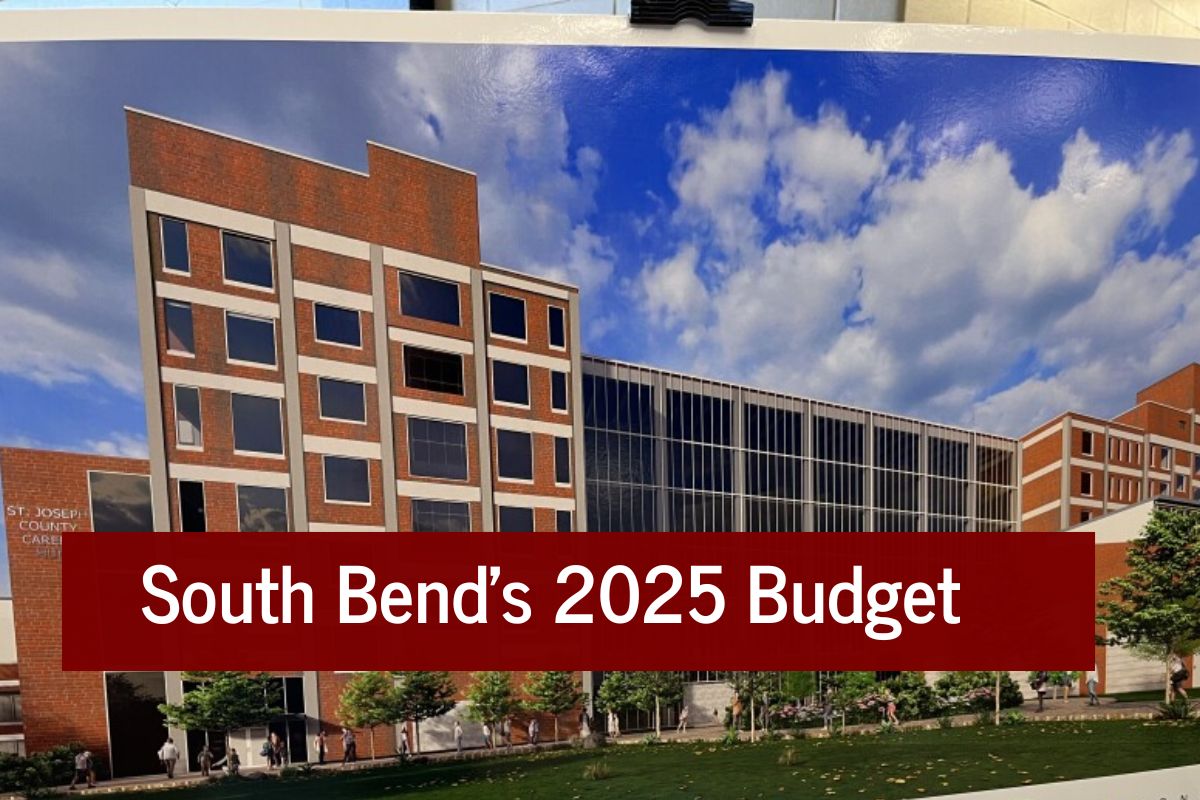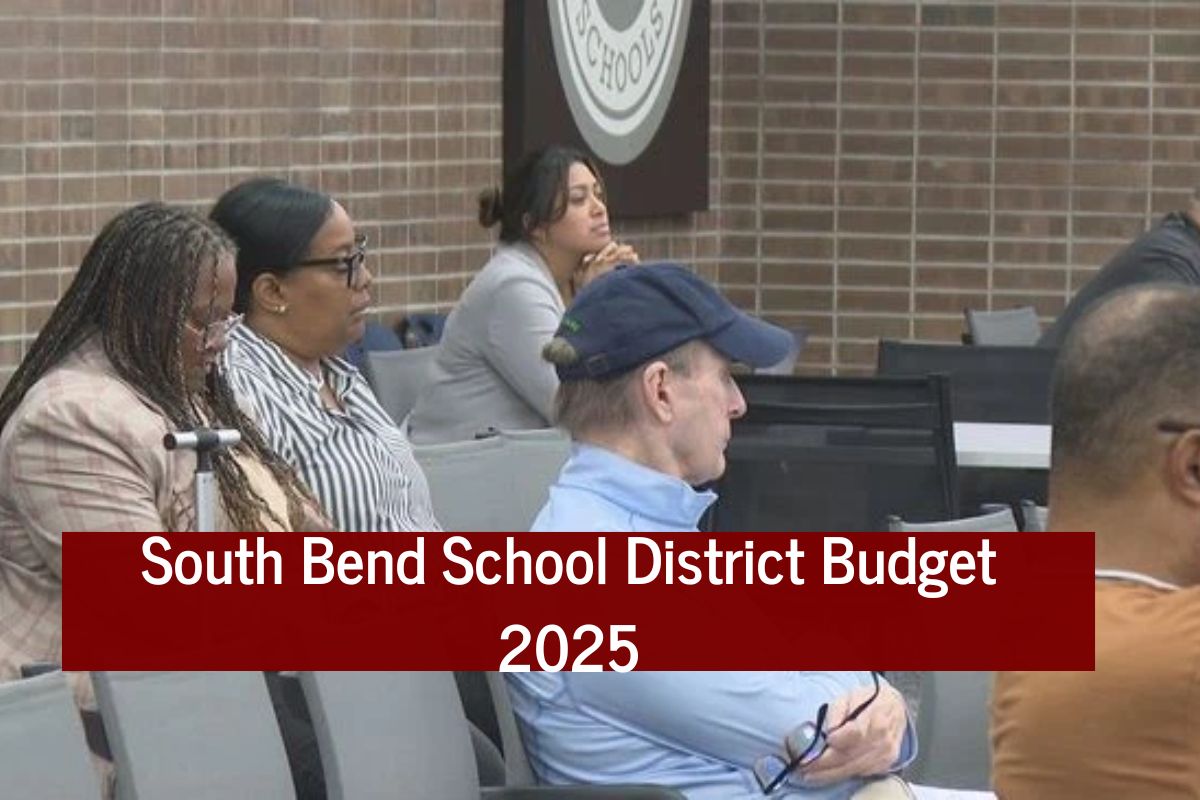In the past South Bend wanted these programs to grow a lot so that they could help more kids get ahead. Unfortunately these plans have run into a problem. Pre-kindergarten (pre-K) possibilities could not grow because of cuts in funding. Many of South Bend’s younger children will miss out on important early learning because of this.
However recent events have made these goals less likely to come true. Big cuts in funding have stopped the long awaited growth of pre-K, leaving many families wondering how easy it will be for their kids to get to and how good the early learning chances will be. People in South Bend who are young are worried and unsure about the short and long term effects of this disruption.
The Plan to Make More Pre-K Available in South Bend
South Bend had a clear plan for adding more pre-kindergarten choices. The plan was meant to make it easier for more families to get their kids into good early education. You knew that these programs could really help a kid’s early life.
| Topic | Key Points |
| The Hope of Adding More Pre-K | More South Bend families will be able to get their kids to good early childhood education. |
| Funding Cuts | The individual funding sources that were cut back on or eliminated. |
| Impact on Enrollment | Reduced number of available Pre-K spots. |
| Consequences for Learners | Chances to improve important social and mental skills were lost. |
| Educator Responses | How parents, teachers, and neighborhood leaders felt about it. |
| Official Link | Visit Here |

Program Types and Target Age Groups
With the extension, the program was meant to reach 3- and 4-year-olds in more places. There would have been more full-day and half-day choices all over the city. Many new center-based programs were in the works, alongside support for home-based learning. This meant more choices for your family’s specific needs.
Anticipated Benefits for Children
Experts agree: early childhood education offers huge advantages. You expected your child to gain improved language skills and better problem-solving abilities. Children would learn how to interact with others, building strong social connections. These early wins set the stage for school success and beyond.
Community Support and Initial Investment
The community showed strong enthusiasm for this plan. You saw local government and many partners ready to back it. The fact that the first funding was gained shows that people in South Bend believe in the power of Pre-K Expansion Stalled for kids. Everyone was excited for these plans to go through.
The Impact of Funding Cuts
All of a sudden, the positive trend toward expanding pre-K hit a wall. Cutting back on support was a harsh reality for many families. You need to know where these cuts came from right away.
Identifying the Specific Budget Reductions
Specific funding sources faced unexpected reductions. State budget allocations saw decreases, and some local grant opportunities were withdrawn. These cuts directly affected key pre-K initiatives, leaving planned expansions without needed cash. You found programs that were ready to start now lacked the money.
Reasons Provided for the Cuts
Different officials gave different reasons for cutting these budgets. Changes in the economy and competing budget needs were often brought up. You may have heard that other areas had to be given more attention, which meant that early learning programs got less help.
Less access and enrollment problems
Because of the sudden loss of funding, there were fewer spots in pre-kindergarten classes. You saw it translate into real difficulty for families trying to sign up their children. The dream of expanded access seemed to fade.
Fewer Available Pre-K Slots
The most direct impact was a drop in the number of pre-K spaces. You found fewer classrooms open and fewer teachers ready to instruct. This made it harder for your kid to get into a program.
Longer wait lists and barriers to eligibility
Waiting lists were much longer when there were fewer spots. As the requirements for eligibility got stricter, you had to deal with new problems. There were no more spots for many families who really needed pre-K.
Effects that are unfair on families who are already struggling
The cuts hurt families with low incomes and people who live in areas that don’t get enough services the most. You know how important affordable, good pre-K is for these families. Their kids miss out on a very important chance to do well without it. This situation put people at an unfair disadvantage.
Hindered Kindergarten Readiness
The stalled pre-K expansion now risks how ready your child will be for kindergarten. Not going to these programs can cause you to lack important skills. You want your kid to be ready for kindergarten and not behind when they start.
Gaps in the Early Years of Learning
Without good pre-K, kids miss out on some activities that help them learn new skills. They might not learn early reading or basic math skills in the same way. You worry that they will fall behind before they even start school.
Effect on Social-Emotional Development
Their early social program help kids learn about sharing and managing feelings. These programs teach crucial emotional regulation and how to play nicely with peers. You realize missing this early guidance can affect their social skills later on.
Effects of missed chances on the long term
These cuts to funding will have long-lasting effects on your child. The lost opportunities today could shape their entire academic journey. You understand that early investments pay off down the line.
Possible for achievement gaps to get bigger
A lack of early educational chances can make academic differences grow wider. Children without pre-K often struggle more in elementary school. You see how this can create lasting achievement gaps, making it harder for some kids to catch up.
The Economic Argument for Early Childhood Education
Many studies show that investing in pre-K brings big economic benefits. You know it leads to higher graduation rates and can even reduce crime. It’s a smart community investment that yields returns for everyone.
Community and Educator Responses
Voices from South Bend Families
Parents across South Bend shared their deep concerns and struggles. You heard their stories firsthand about the stalled expansion. Their experiences paint a clear picture of the difficulty facing families.
Parent Testimonials and Struggles
One parent described feeling “lost” without an affordable pre-K option. You’ve likely met families facing similar challenges finding good care for their children. These stories highlight the real human cost of the funding cuts.
Alternative Childcare Solutions
Cities can look for new grants or try public-private partnerships. Dedicated local taxes or funds could also provide stable money. Other cities have found success with innovative funding ideas. We can learn from their experiences.
Educator and Advocate Perspectives
Early childhood educators and school leaders also voiced their worries. You understand they see the impact on both children and their programs. Advocates are working hard to make a big change.
Looking for Solutions and Advocacy
Pathways to Restoring Pre-K Access
It’s time to find new ways to support early learning. South Bend can revive its pre-K expansion.
Exploring Alternative Funding Models
Dedicated local taxes or funds could also provide stable money. Other cities have found success with innovative funding ideas. We can learn from their experiences.
Policy Solutions and Legislative Action
Stronger policies and new laws can secure steady funding for early education. You can push for legislative actions that ensure a consistent budget. This means a more reliable future for pre-K in South Bend.
How You Can Advocate for Early Learning
Your voice truly matters in this discussion. You can take steps to support pre-K programs and advocate for their growth in South Bend. Every action helps make a difference for children.
Community Awareness
The word out about how important pre-K is. To help fight for early education, join groups in your area. Go to meetings or use social media to share knowledge. We are stronger as a cause when more people understand.
Supporting Local Early Childhood Education Providers
You can help existing programs. Volunteer your time in a classroom. Donate books or supplies books to them. Every bit of help makes the base for South Bend’s kids stronger.
Because of cuts in funds, South Bend has had to stop plans to expand pre-K. This is bad for our young students. This stops them from getting off to a good start. We run the risk and long-term problems for kids to our community when we don’t give these programs enough money. We need to make our promise again. We need to work together and spend more.
FAQ’s
Q1: What exact plans to expand pre-K in South Bend were harmed by the loss of funding?
A1: When the plans were first made, they wanted to make a lot more pre-K spots available for kids of all ages, but especially those from low-income families. This meant adding bigger classrooms in South Bend schools and community centers so that hundreds more kids ages 3 to 5 could learn there.
Q2: What choices are there for parents in South Bend right now that are both affordable and subsidized for pre-K?
A2: Parents can contact the South Bend Community School Corporation for information on available programs. Local non-profit organizations focused on early childhood development may also offer guidance or resources for subsidized care. Checking with the local Department of Child Services or 211 is also a good step to find current options.
Q3: What is the long-term outlook for pre-K funding in South Bend?
A3: The long-term outlook for pre-K funding remains uncertain but hopeful. There are ongoing discussions at local and state levels about securing more consistent funding. Advocacy groups continue to push for dedicated public funding streams. Community partnerships and private donations could also play a growing role in future funding efforts.
Q4: How can I get involved in advocating for increased pre-K funding in South Bend?
A4: You can start by contacting your local city council members and state representatives to share your views. Joining local early childhood advocacy groups, such as those listed by United Way or other community foundations, is another effective way to contribute. Attending public meetings or signing petitions can also help amplify your voice.










